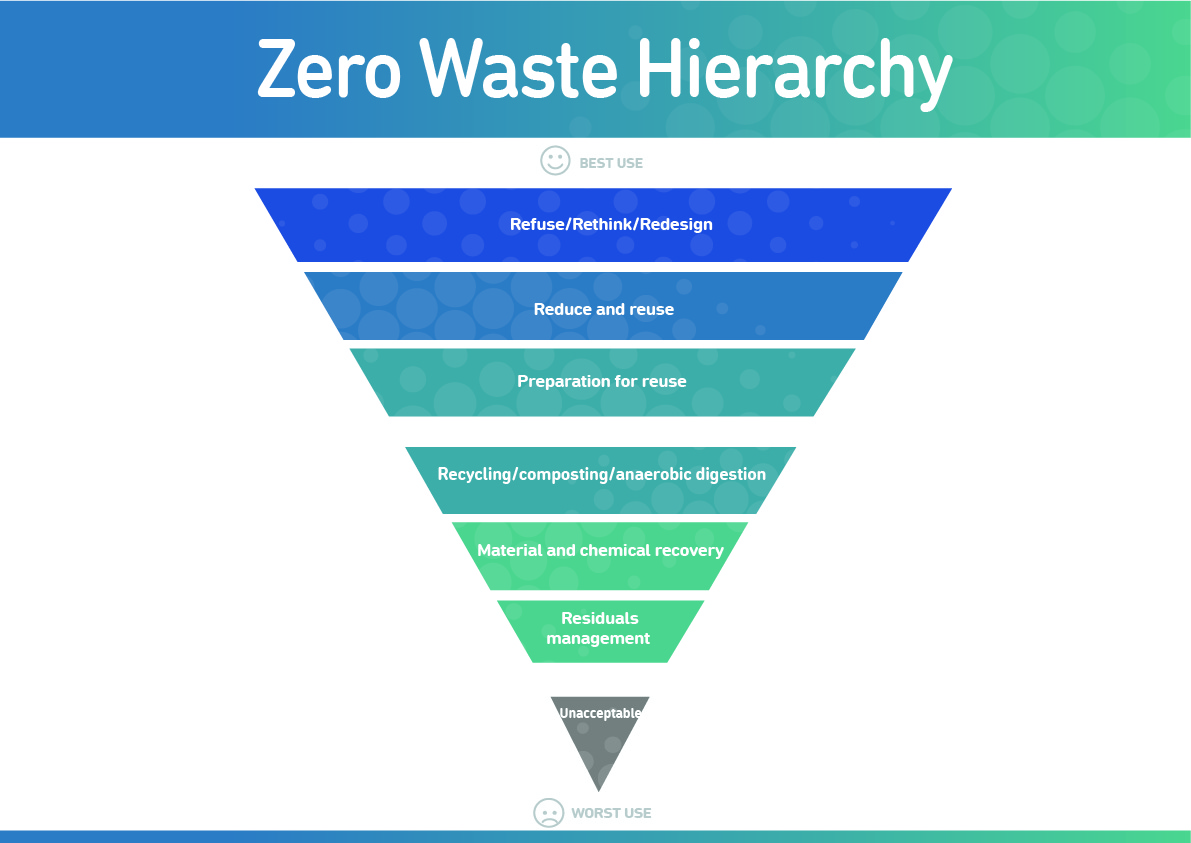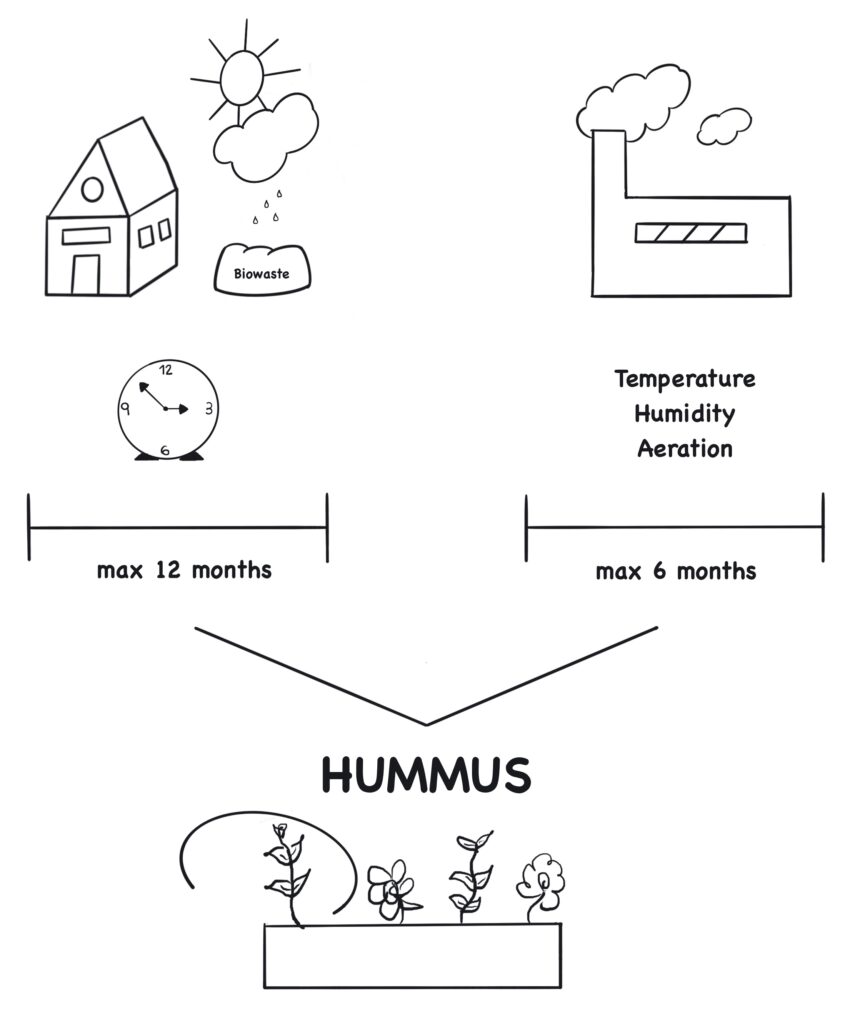
According to the Zero Waste International Alliance, zero waste means the conservation of all resources by means of responsible production, consumption, reuse, and recovery of all products, packaging, and materials without burning them and with no discharges to land, water, or air that threaten the environment or human health.
Of course, that’s the ideal world and it should be our ultimate goal. However, we are not there yet and sometimes looking for the most eco-fair-wonderful option, we just end up confused and buying stuff that is far from being sustainable, do not use renewable raw materials and is not environmental friendly.
Why? Because we associate the term -compostable with something positive and good for the planet. It is definitely positive, but only if we read the small print and know exactly under which circumstances our materials can be composted; home bin or industrial facility? What’s the difference?

Well, the difference is about resources. Something home-compostable doesn’t need any further human interference to degrade; the bacteria and microorganisms will do their job and that’s the end of the story. On the other hand, industrial-compostable needs further resources because it’s made to degrade under certain temperature, humidity and / or aeration conditions, and it needs to be transported from the user to the facility.
In order to maintain those conditions the necessary time until complete degradation, water and energy are again required. In that way, a material uses resources not only to be created but also to disappear from the face of the earth. Crazy right?
